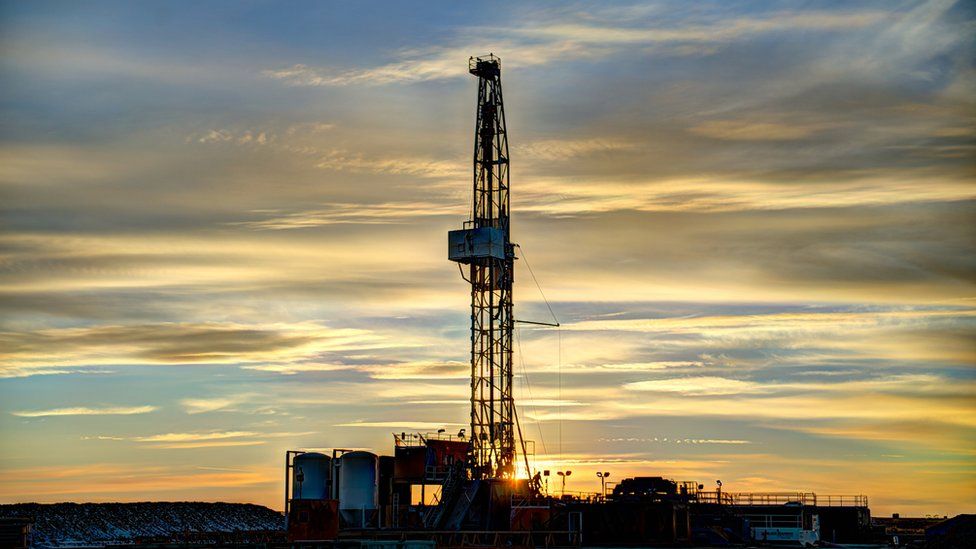
Drilling holes into an extinct volcano might sound like an unusual start to an energy project.
But that's what J Michael Palin, a senior lecturer at the University of Otago in New Zealand, is planning to do.
His project involves drilling two boreholes to a depth of 500m (1,600ft) and monitoring the rock to see if it is suitable to provide geothermal energy.
"It has been known for some time that the Dunedin region has surface heat flow about 30% higher than expected based on previous measurements," says Dr Palin.
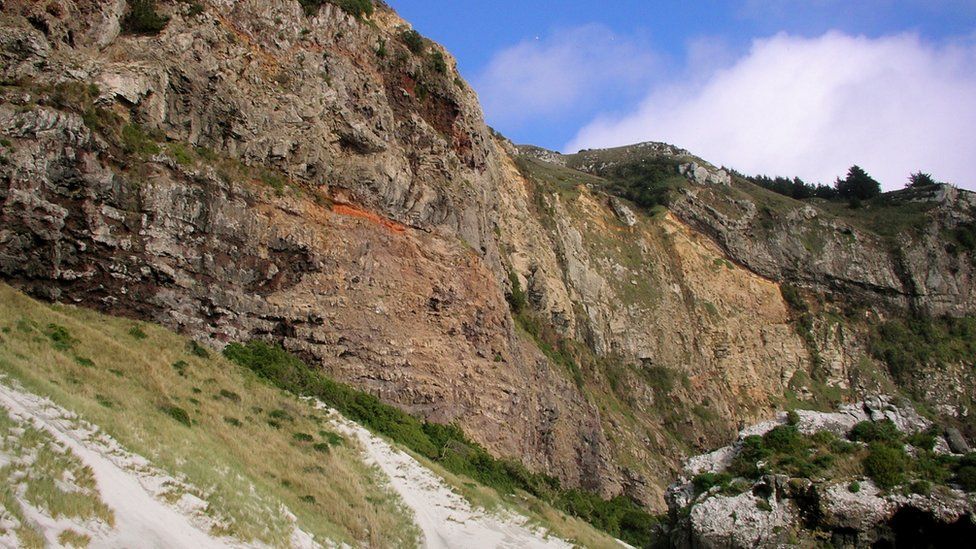
It is that free heat that Dr Palin is hoping to tap into.
Temperatures in Earth's core, which starts at 2,890km (1,800 miles) below the surface, can reach 5,400°C, about the same temperature as the surface of the Sun. This heat moves upward over time and molten rock known as magma creeps toward the surface, carrying enormous heat.
Geothermal energy companies drill wells and as hot water rises through the well, the heat is extracted and used to make electricity or to heat homes nearby.
Many researchers have long been excited about geothermal's potential to bring about a greener heating system. It is not a new market - Italy's Prince Piero Ginori Conti tested the first geothermal power generator in 1904.
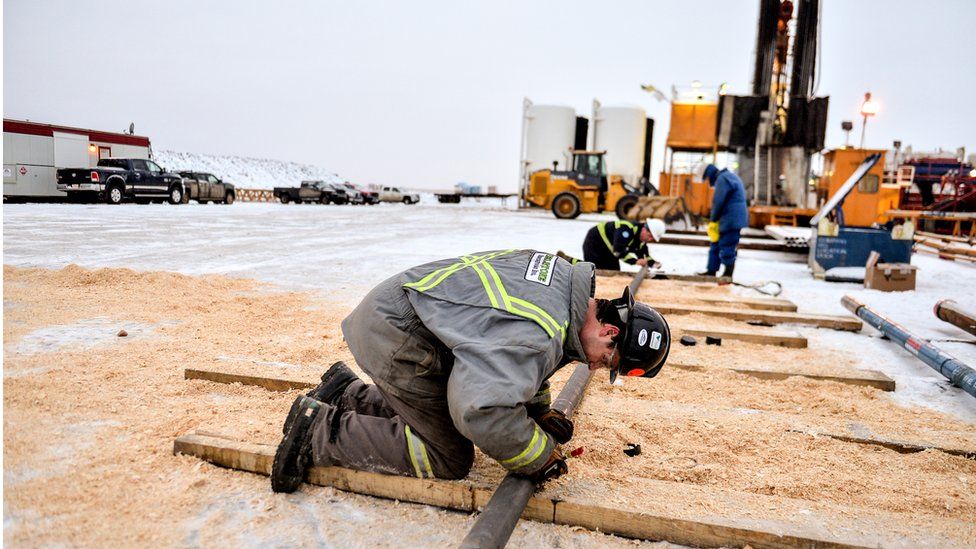
And it is not just New Zealand. There is renewed interest in this energy source as countries set themselves renewable energy targets, including net zero projects - commitment by dozens of nations to decarbonize their economies by 2050.


There are around 600 geothermal plants around the world in operation or being built, with another 600 being planned, says Alex Richter, former president of the International Geothermal Association: "All major utilities in Europe are looking at geothermal in one way or another."
The number of projects that use heat to generate electricity accelerated from around 2008, but there has been "incredible" growth in plants that heat homes and businesses, he says.
"Paris has wells across the city offering heating to various districts - or look at Munich, another city betting big on geothermal. And the countries that have long been the trailblazers in this field are Italy and Turkey."
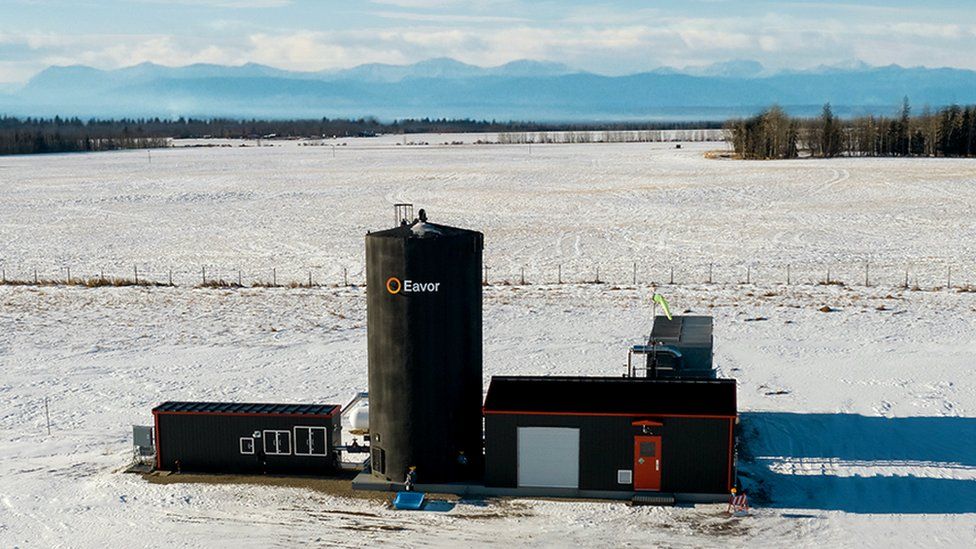
"The beauty of geothermal is its access to heat and the number of applications it can be used for," says Rosalind Archer, director of The Geothermal Institute at the University of Auckland.
She points out a key advantage of geothermal over other renewable options such as wind and solar power, which vary in intensity, is its constant availability. On a human timescale, the heat locked in the Earth's rocks will always be there.
Iceland has long been at the forefront of using geothermal energy thanks to its many volcanic regions, which form solid rock after magma passes through it, offering heat to drilling teams as those hot rocks cool slowly.
In the United States, nine purchase-power agreements involving geothermal projects have been signed since 2019, compared to the annual average of just two.
In the UK, Cornish firm Geothermal Engineering has just signed an agreement with Ecotricity - the first time that geothermal electricity will be sold in the UK. The firm has been one of the leaders in the renewables field, having built the UK's first megawatt scale windmill in 1999.
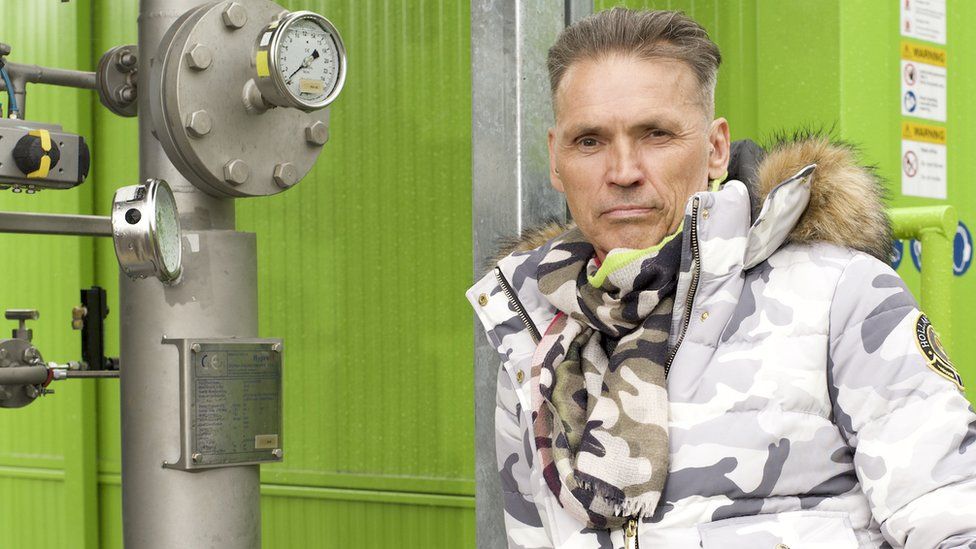
Ecotricity chief executive Dale Vincent says he is excited to bring the region's first geothermal project into the grid: "I can see this happen more widely across the UK with more government support and a decrease in drilling costs."
Mr Vincent touches on a key issue. It can be much more costly to develop a geothermal plant, compared to the inexpensive price of bringing solar or wind projects to fruition.
But the snag in that argument relates to how costs of a geothermal plant are often heavily weighted toward early expenses, rather than the low cost to keep them running, especially when compared to oil and gas plants, says Kirsten Marcia, chief executive of Canadian geothermal energy firm DEEP Corp.
"There can be costly capital to get a project going, but these are 30-year projects," Ms Marcia says. "You don't have to buy natural gas and you're selling power all the time, so on a levelized basis, geothermal can outcompete all the other options. Once up and running, these projects can go for decades."
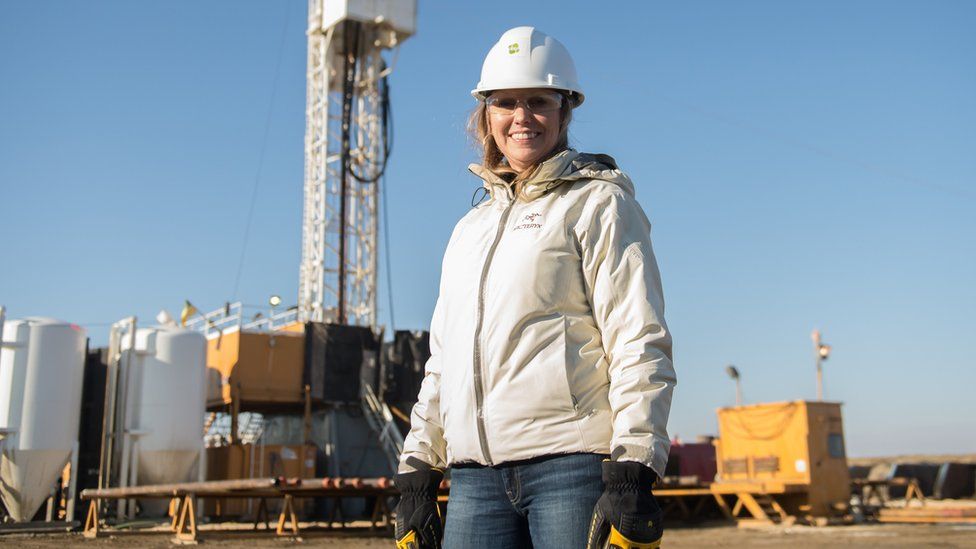
On geothermal's acceptance, Ms Marcia adds: "I think we're at an inflection point where this industry has the ability to have a much bigger seat at the table."
John Redfern, CEO of Canadian geothermal firm Eavor, envisions a future where geothermal is part of the green energy mix that includes wind and solar: "Whether geothermal contributes to 5% or 20% to the grid, those are all huge numbers because we're truly starting from zero."
As enticing as geothermal has been, it needs a stronger branding campaign to help the public and funders better understand how it works, Mr Richter points out.
"There aren't any geysers in London or New York City, so people there might wonder how geothermal can apply to their energy grid," he says.
"search" - Google News
February 19, 2021 at 07:03AM
https://ift.tt/37t6Zej
The search widens for hot rocks that provide power - BBC News
"search" - Google News
https://ift.tt/2QWB6Sh
https://ift.tt/3dmOvwM
Bagikan Berita Ini

















0 Response to "The search widens for hot rocks that provide power - BBC News"
Post a Comment